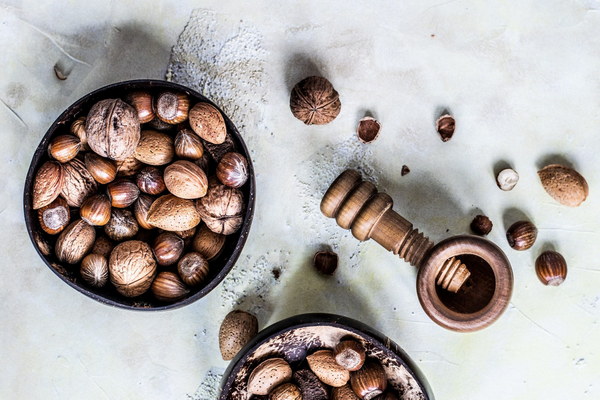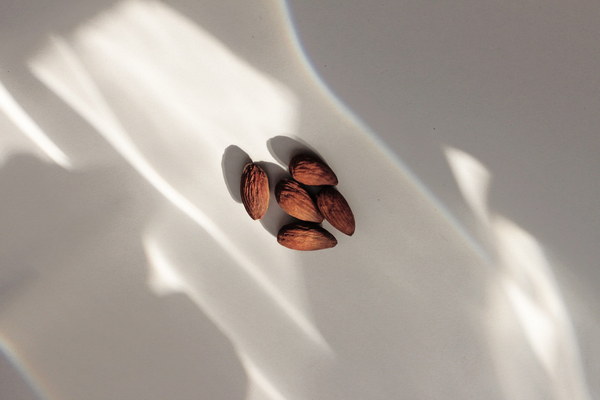Can Pregnant Women Remove Dampness During Pregnancy
Introduction:
Pregnancy is a unique and delicate period in a woman's life. During this time, various health concerns arise, and one of them is the issue of dampness. In traditional Chinese medicine, dampness is considered an imbalance in the body that can lead to various health problems. Many pregnant women wonder if it is possible to remove dampness during pregnancy. In this article, we will explore the concept of dampness, its effects on pregnant women, and the methods that can be used to alleviate this imbalance.
Understanding Dampness:
In traditional Chinese medicine, dampness refers to the accumulation of fluid in the body that can lead to various symptoms such as fatigue, bloating, and weight gain. It is believed that dampness is caused by an imbalance in the body's yin and yang, which can be influenced by factors like poor diet, excessive dampness in the environment, and weakened immune system.
Effects of Dampness on Pregnant Women:
During pregnancy, the body undergoes significant changes, and dampness can have several negative effects on both the mother and the developing fetus. Some of the common symptoms of dampness in pregnant women include:
1. Fatigue: Dampness can lead to chronic fatigue, making it difficult for pregnant women to carry out their daily activities.
2. Edema: Dampness can cause fluid retention in the body, leading to swelling in the legs, feet, and hands.
3. Weight gain: Excessive dampness can contribute to weight gain during pregnancy, which can increase the risk of gestational diabetes and other complications.

4. Digestive issues: Dampness can affect the digestive system, leading to bloating, constipation, and other gastrointestinal problems.
Methods to Remove Dampness During Pregnancy:
While it is important to note that the effectiveness of these methods may vary from person to person, here are some traditional and modern approaches that can help alleviate dampness during pregnancy:
1. Diet: A balanced diet rich in fruits, vegetables, and lean proteins can help reduce dampness. It is advisable to avoid foods that are known to increase dampness, such as sugary, greasy, and cold foods.
2. Acupuncture: Acupuncture, a traditional Chinese medicine practice, can help balance the body's yin and yang, thereby reducing dampness. It is considered safe during pregnancy, but it is essential to consult with a qualified acupuncturist.
3. Herbs: Some herbs are believed to have properties that can help remove dampness. However, it is crucial to consult with a healthcare professional before taking any herbal remedies during pregnancy, as some herbs may not be safe for the fetus.
4. Exercise: Regular, moderate exercise can help improve circulation and reduce dampness. Gentle activities such as walking, swimming, and prenatal yoga are recommended.
5. Adequate rest: Getting enough rest and sleep can help the body combat dampness and improve overall well-being.
Conclusion:
Dampness can be a concern during pregnancy, but there are various methods available to alleviate this imbalance. By adopting a healthy diet, seeking the guidance of a healthcare professional, and incorporating exercise and relaxation techniques, pregnant women can work towards maintaining a balanced body and a healthy pregnancy. It is important to remember that each woman's experience may be different, so it is crucial to consult with a healthcare provider for personalized advice.









